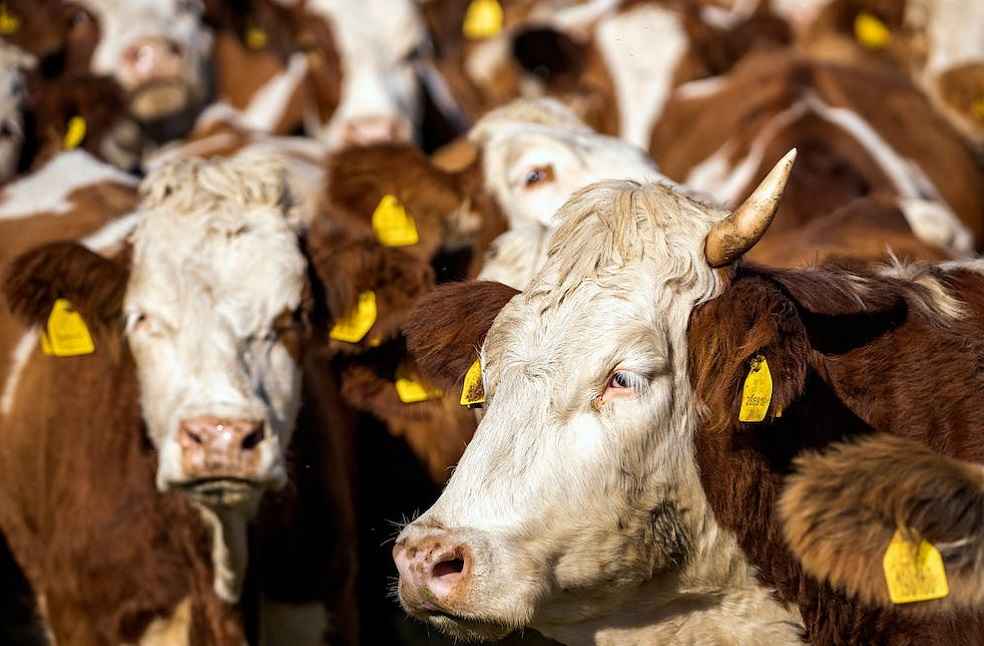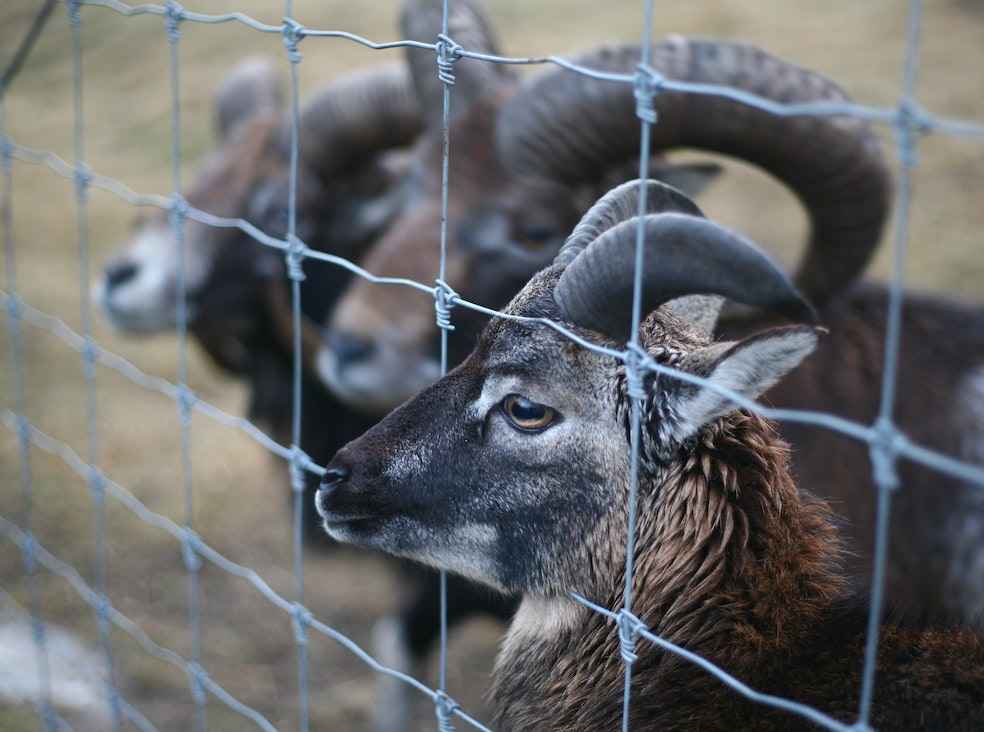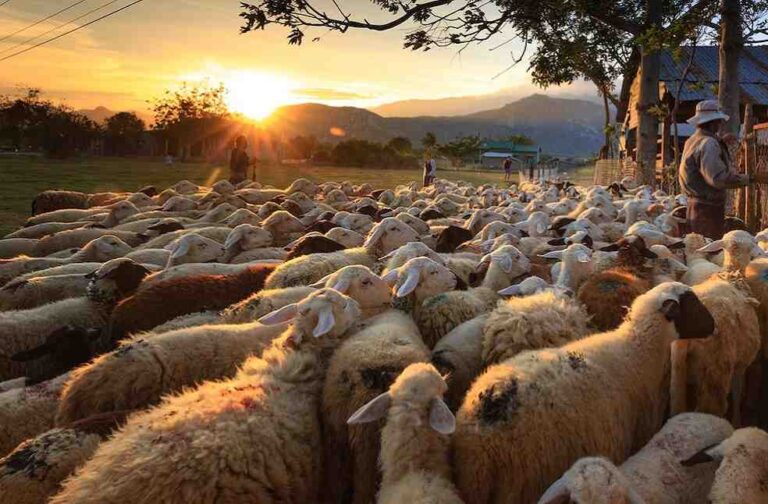Bangladesh has decided to halt cattle imports before Eid-ul-Azha, citing a surplus of sacrificial animals beyond the country’s demand, according to Fisheries and Livestock Adviser Farida Akhter.
On Sunday, Farida Akhter declared that the government will not import sacrificial animals from neighboring countries for Eid-ul-Azha, as the country already has more animals than required. She stated that starting Sunday, cattle would be prohibited from entering the country through illegal routes, and all forms of cattle imports from foreign nations would be entirely banned.
During a press conference at the Bangladesh Secretariat, the adviser outlined steps to evaluate the demand for sacrificial animals, ensure their availability, and facilitate transportation to remote areas in preparation for the upcoming celebration.

Within the capital’s two city corporations, 20 veterinary medical teams and two specialist teams will be stationed across 19 cattle markets, ensuring primary healthcare services for the animals.
The Department of Livestock Services estimates that a total of 12,447,337 sacrificial animals will be available this year, comprising 5,602,905 cows and buffaloes, 6,838,920 goats and sheep, and 5,512 from other species.
Additionally, a surplus of around 2,068,135 animals is also expected.

Farida Akhter affirmed that the government is actively working to prevent unjustified cattle price increases caused by extortion and has conducted inter-ministerial meetings to tackle potential challenges. A railway service has also been arranged to facilitate the transportation of animals by train from the northern regions of the country to the capital and Chattogram.
Law enforcement agencies, such as the Border Guard Bangladesh (BGB), police, Coast Guard, district administration, and district livestock offices, will also collaborate to prevent the cross-border smuggling of animals.
MOST POPULAR | Taiwan Currency Rallies, Putting Pressure on U.S. Dollar



